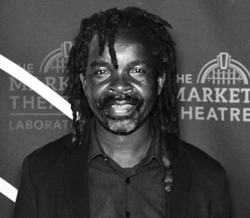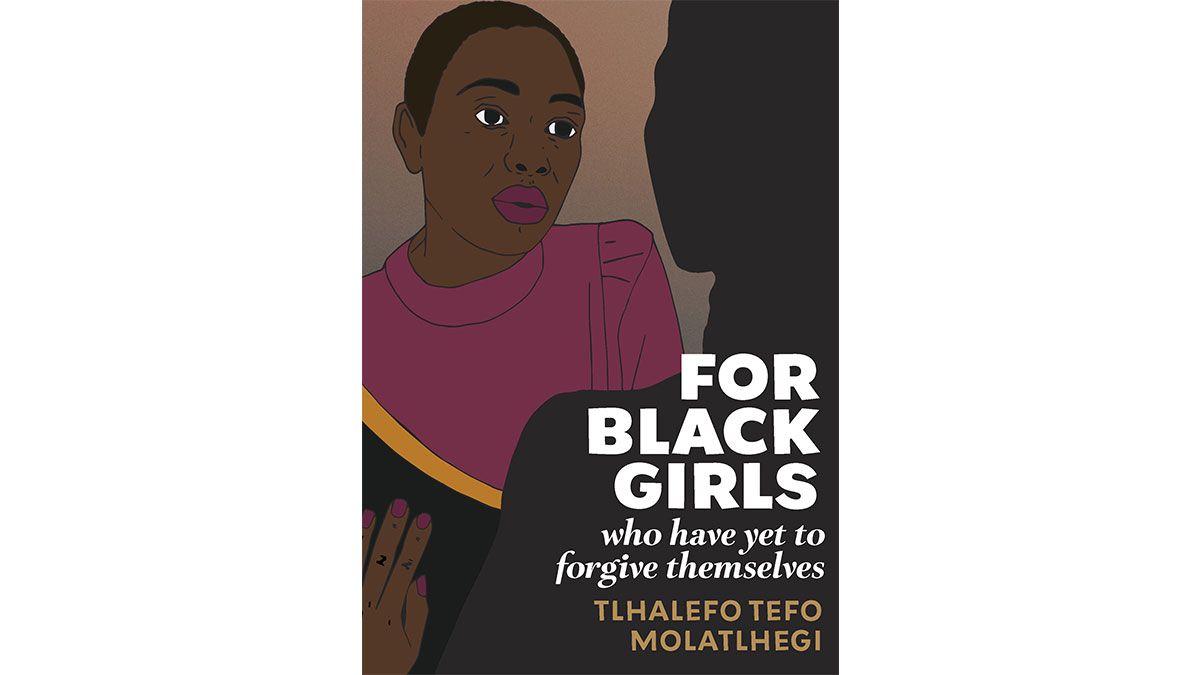Black Girls: Who have yet to forgive themselves, is a coming of age book for young women
By Edward Tsumele, CITYLIFE/ARTS Editor

When someone noticing the title of the book I was holding in my hands, remarked that it was probably not a good idea for the author to title the book For Black Girls :Who have yet to forgive themselves, I could not respond immediately with certainty. Fat of the matter is I had by then not read the book and personally was curious what it was all about.
It was however after reading the book that I thought I knew what I know now about the reason the author gave the book that title. The reason is simply that there are certain issues that affect exclusively black girls who are coming of age, that do not necessarily affect girls of the same age belonging to other races. This book is a coming of age book, that tells stories of a number of characters in the book who are afflicted by issues of identity affecting them as they face the world and have to deal with the anxieties of parents not sure about whether their children are navigating the minefield of teenage life in a proper way.
The author Tlhalefo Teffo Molatlhegi has a done a good job of creating characters of young women going through different emotions as they grow up in a society that is not only diverse in terms of ethnic groups, but also have to deal with the issue of race.
For Black Girls deals with a number of issues affecting young black women, such as the pressure they get with regards to their looks, such as their body size, their hair and their dating preferences. I like the fact that the author in this book has attempted to deal with several such issues which are a big issue to young, especially black women. Through reading this book, one cannot help but sympathise with young women as they really struggle a lot before they come of age. They get worried, not only about what potential suitors may think about their looks with regard to their bodies and their hair, but also get judged by fellow young women. The judgment is also very harsh at times. There is also the issue of religion as at that age, the young women start questioning the role of religion in their lives, and in some cases, they start to question religion’s ability in providing answers to some of their afflictions that come with their age.
“Ï do not believe there’s God. I always ask people who preach to me about their god, “where was your God during the more than 350 years when black people were being oppressed?” One of the characters asks in the book.
Relationships and their traps are also dealt with adequately in the book. For example, one of the characters who is black and she is in love with a boyfriend who is white, has to deal with the broad issues of racism in society, which actually has nothing to do with their love for each other. For example, disapproving friends who project their own fears about love across race on the relationship the character is involved in.
“Your friends hates me, doesn’t she?” A character who is white called Gabe, asks his black girlfriend. And as you can imagine there is an argument that erupts between the two lovers simply because of a third part in their relationship.
There is also the issue of doubts that keep on lingering in her mind as to whether her white boyfriend actually loves her or it is just the issue of wanting to experiment with a black girl friend. And when he suggests an idea of both of them creating a Youtube Channel to talk about their love, this infuriates the black girls who feels that they should treat their relationship just like any other relationship between two people, instead of trying to make it look like it is out of this world by publicising it to the world.
There is also the issue of how black parents tend to struggle a bit more than white families when it comes to talking about sex with their children, with a view to teaching them in order to prepare them about changes that would be taking place in their bodies as they become teenagers. The charcte3rs in the book show that black parents tend to do a bad job of sex education when it comes to their children.
And of course this is the small issue of the politics of black hair. For example is it fine to wear other people’s hair, such as Peruvian hair, Indian hair, or white people’s hair by black girls, instead of their own. Many will remember the storm caused by the late world renowned South African jazz trumpeter Hugh Masekela when he went public and said that he refused to be hugged by women who wore “processed” hair. But of course this is a complicated matter with nuances. For example, some women are forced to wear a weave simply because a disease, such as cancer would have wiped out their own hair. In fact there is a reference to this possibility in For Black Girls.
I would therefore like to propose that For Black Girls is a book which should be read by especially black who are at the stage of becoming teenagers and are bound to grapple with issues young women of that age face. It is also a book that I think young man also coming of age should read so that they understand the unnecessary pressure they put on sisters because of their sometimes unreasonable expectations of how a suitor should look like.
. Black Girls: Who have yet to forgive themselves, is published by Afr4ican Perspectives Publishing and is available at all good bookshops around the country.










